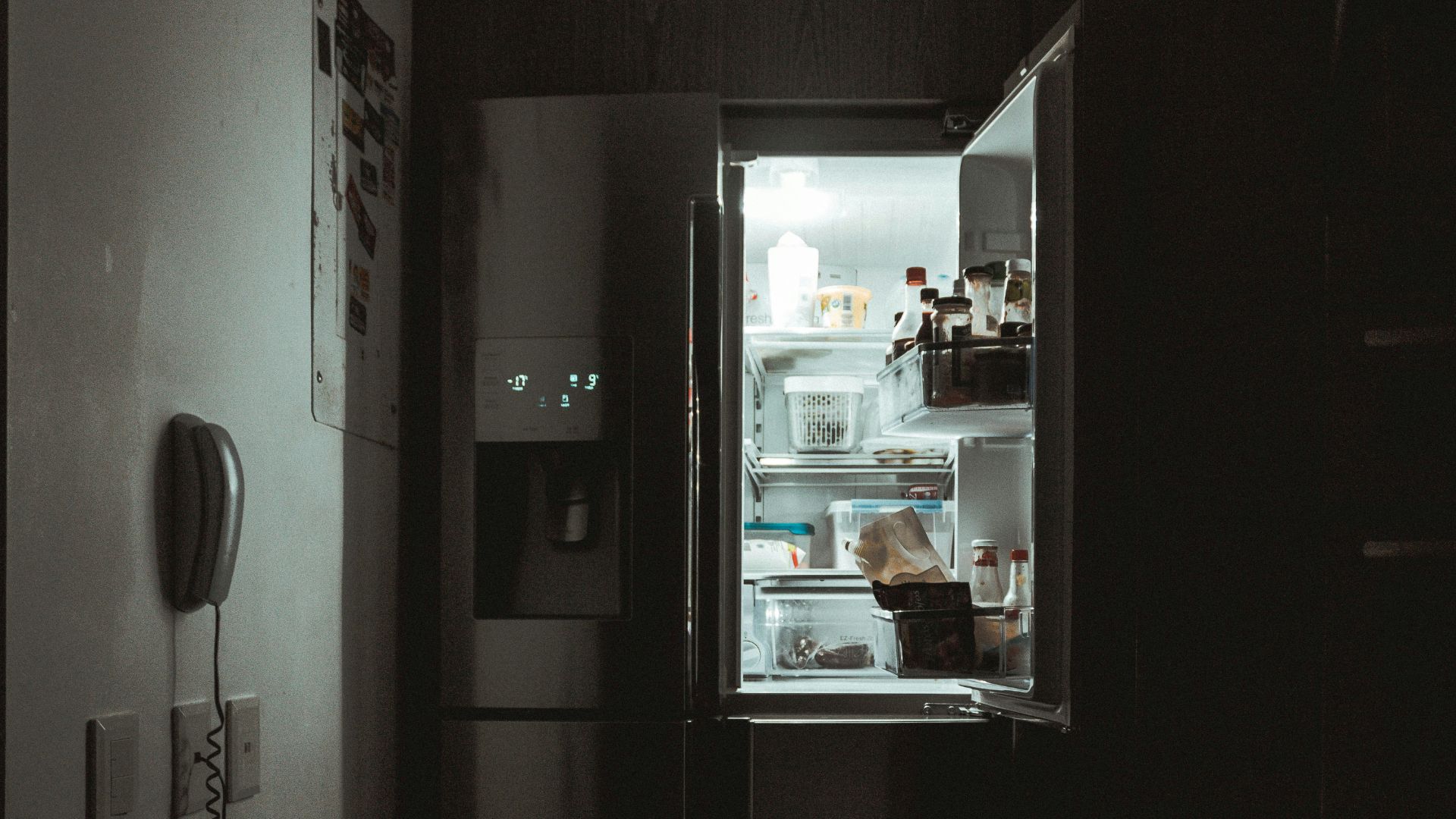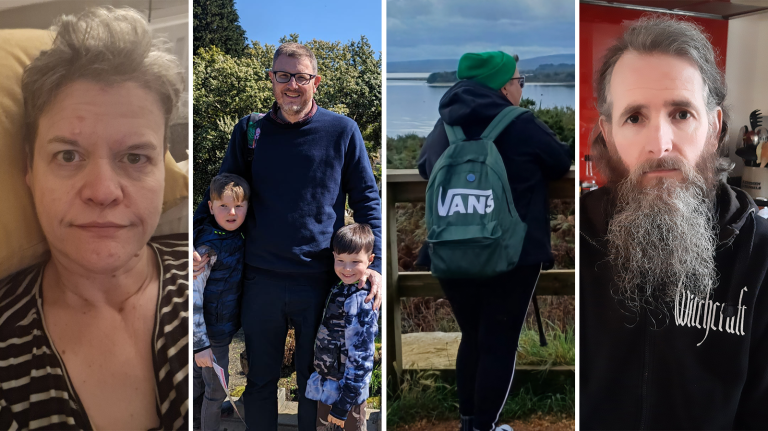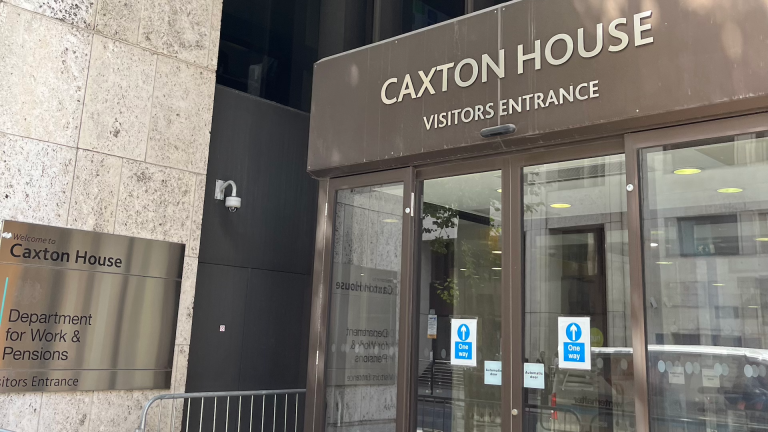This includes 1.9 million people living without a cooker, a figure that rises to around 1 in 20 people earning under £35,000 a year. Some 2.8 million people live without a freezer (1 in 10 people under this pay threshold), and around 900,000 people don’t have a fridge (1 in 30).
With disabled people three times as likely to be affected by appliance poverty, the most vulnerable people are the most adversely impacted. According to End Furniture Poverty, 25% of all Black and Black British people are living in furniture poverty, as are 26% of those who live in social housing, and 26% of all single-adult households with children.
As the cost of living crisis bites – and wages and benefits fail to keep pace with inflation – too many people are “really struggling”, says Brown.
“The welfare system is full of holes,” he said. “We can’t fill all of those holes, but we help who we can.”
“For example, we supported a mother who had two children, both of whom were incontinent. She didn’t have a washing machine, so life was basically intolerable. We provided her with one, and that made a hell of a difference.”
Beds are another issue for many families. The number of families who have asked their local council for help with beds and bedding has more than quadrupled in the last five years, according to new analysis, with more than 10,000 families turned away last year.
Advertising helps fund Big Issue’s mission to end poverty
LHH are a small charity, providing some 259 grants in 2022-23, and cannot fill these gaps alone. But government supports are drying up.
Recent research by End Furniture Poverty found that the household support fund – slated to end on 31 March – provided 62% of all local welfare assistance in 2022, which includes requests for bedding and appliances.
“There is a real possibility of a funding ‘cliff edge’ for crisis support,” EFP warned.
As the vacuum grows, charities are sadly all the more vital. LHH offer “more than just money” to those that they help, Brown explains.
“We provide these grants, but we also provide this emotional support – check in with them, help them get other assistance – which is what makes all the difference to some people,” Brown says.
“These people may be in complete isolation. Suddenly, someone actually cares.”
Advertising helps fund Big Issue’s mission to end poverty
57 year-old Jilly – who suffers from arthritis and cancer – is one of LHH’s beneficiaries. Her husband died four years ago, and her progressive disabilities left her reliant on benefits.
“Having always been the ‘giver’, this change [was] extremely hard, I find it almost impossible, to receive or ask for help,” she said. “LHH has given me hope, they have turned my existence into a life worth living.”
The mum-of-three’s cooker broke just a few days before Christmas, nearly forcing her to cancel the festivities.
“With my small savings and help from LHH, I was able to purchase a nearly new cooker on Christmas Eve,” she recalled. “LHH really saved not only Christmas, but the rest of the year.”










